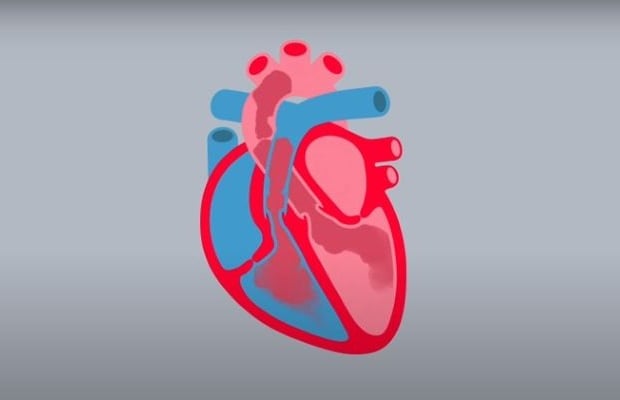BHF dietitian Victoria Taylor says:
Currently, the evidence suggests that moderate amounts of caffeine, equivalent to drinking 4 to 5 cups of coffee per day, has no effect on your risk of developing coronary heart disease.
Research has also shown that consuming this amount of caffeine doesn’t lead to abnormal heart rhythms or cardiac arrhythmias (as you know, atrial fibrillation is a type of arrhythmia).
However, some people are more sensitive to caffeine than others, and, for some, caffeine can trigger heart palpitations (the sensation of feeling your heart beating, whether that is normally, quickly, slowly or irregularly; some people describe feeling their heart pounding or fluttering).
If this applies to you, then it would be sensible to limit your intake of foods and drinks containing caffeine.
Decaffeinated versions of tea and coffee can help you to reduce your intake, or go for naturally caffeine-free choices like herbal teas and other sugar-free drinks, including water.

Meet the expert
Victoria Taylor is a registered dietitian with more than ten years’ experience. Her work for the NHS focused on weight management and community programmes for the prevention of cardiovascular disease. At the BHF she advises on diet and nutrition.










